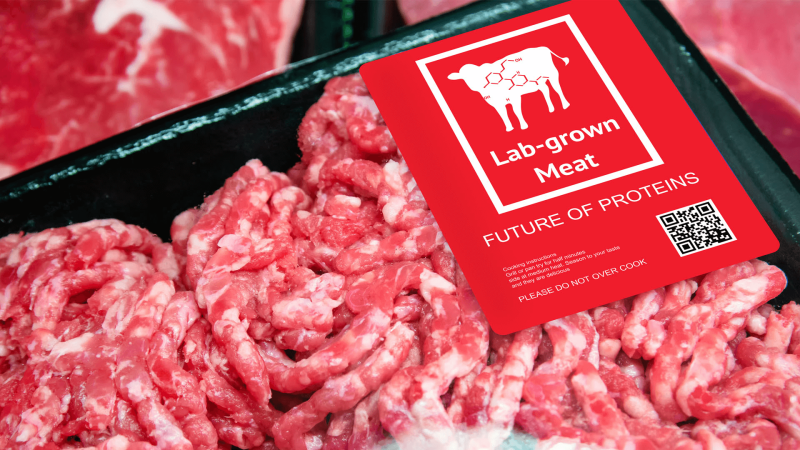The Food and Drug Administration on [November 16] declared a lab-grown meat product developed by a California start-up to be safe for human consumption, paving the way for products derived from real animal cells — but that don’t require an animal to be slaughtered — to someday be available in U.S. grocery stores and restaurants.
Dozens of major food companies are jostling to debut cultivated meat to the American public. As of now, Singapore is the only country in which these products are legally sold to consumers. The FDA’s announcement that cultivated chicken from Emeryville-based Upside Foods is safe to eat is likely to open the floodgates in the United States in the coming months.
“It will have to be case by case, certainly for the first few. It won’t be boilerplate approval,” Yiannoulis said. Still, the approval signals that the agency may soon approve the products of several cultivated meat start-ups that have been seeking regulatory approval since 2018. he said.































